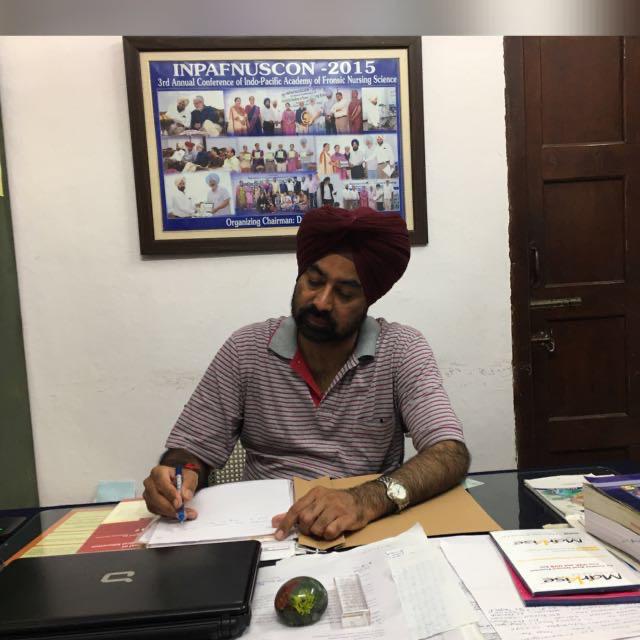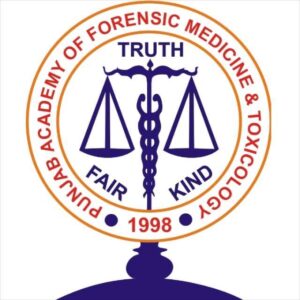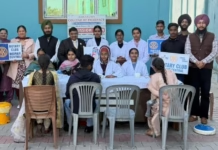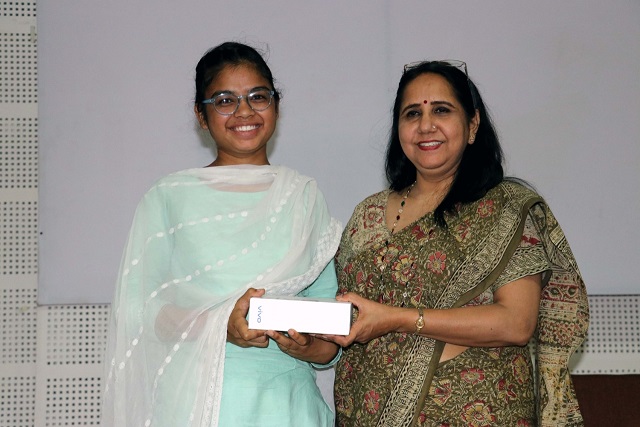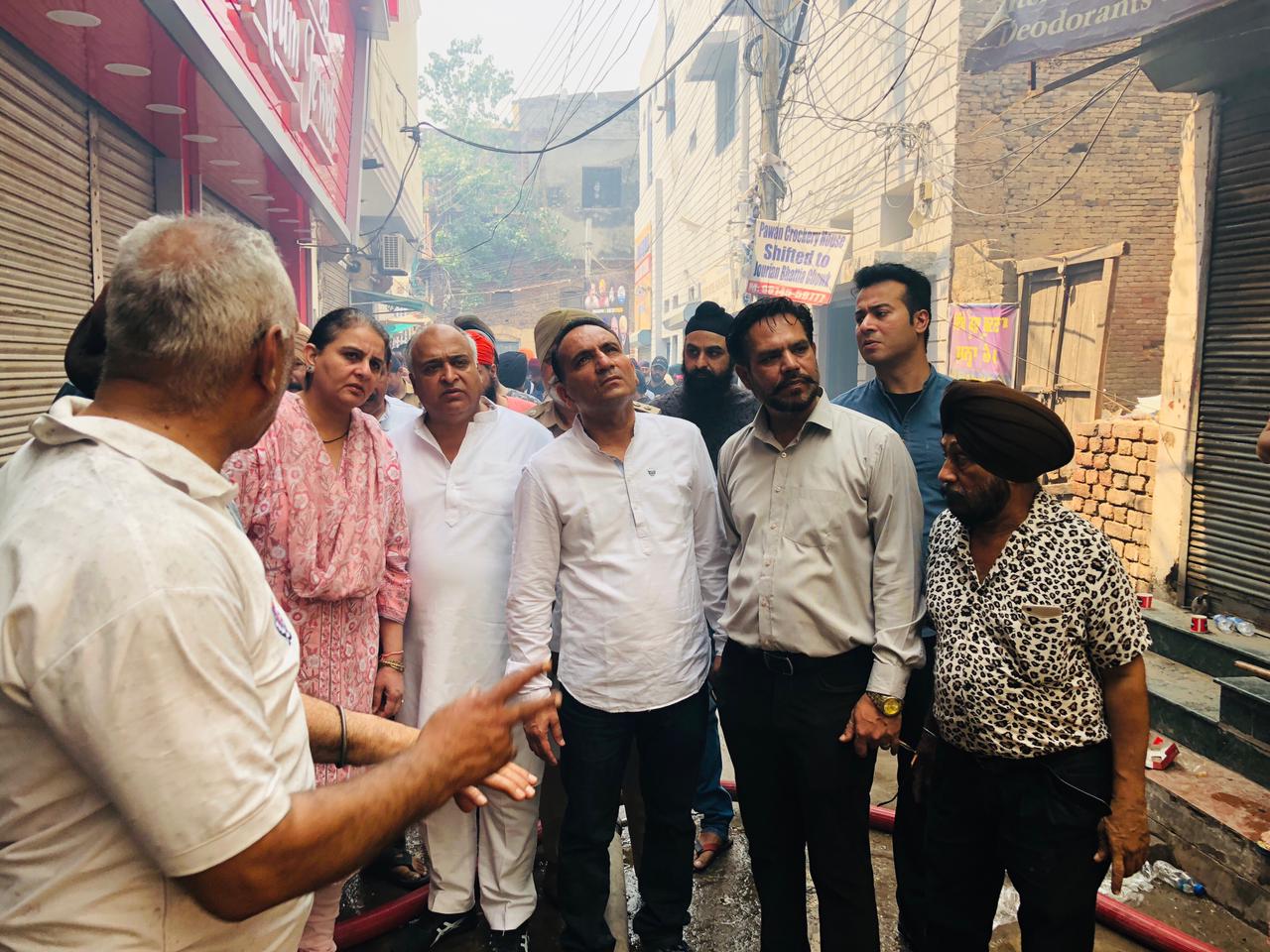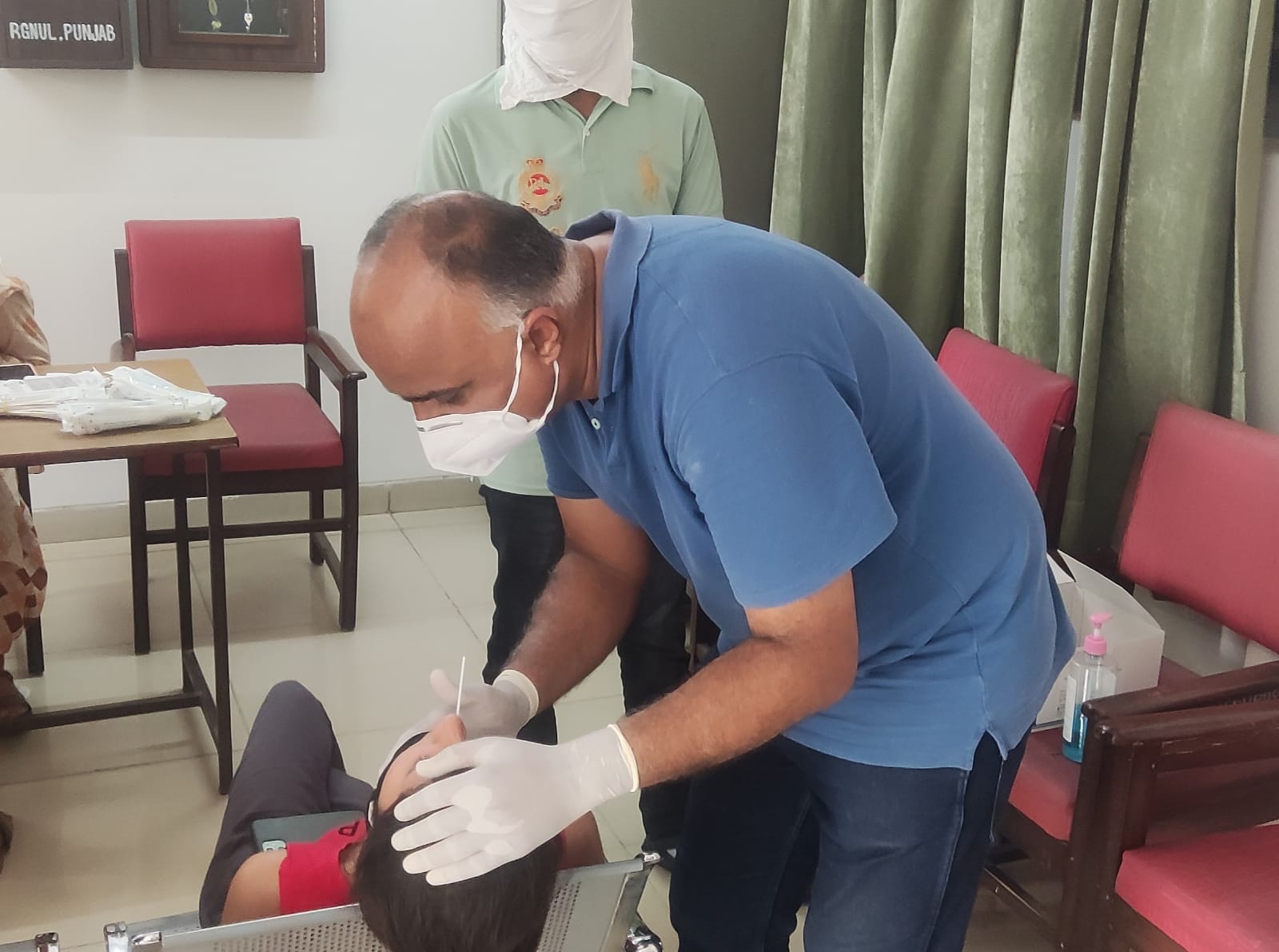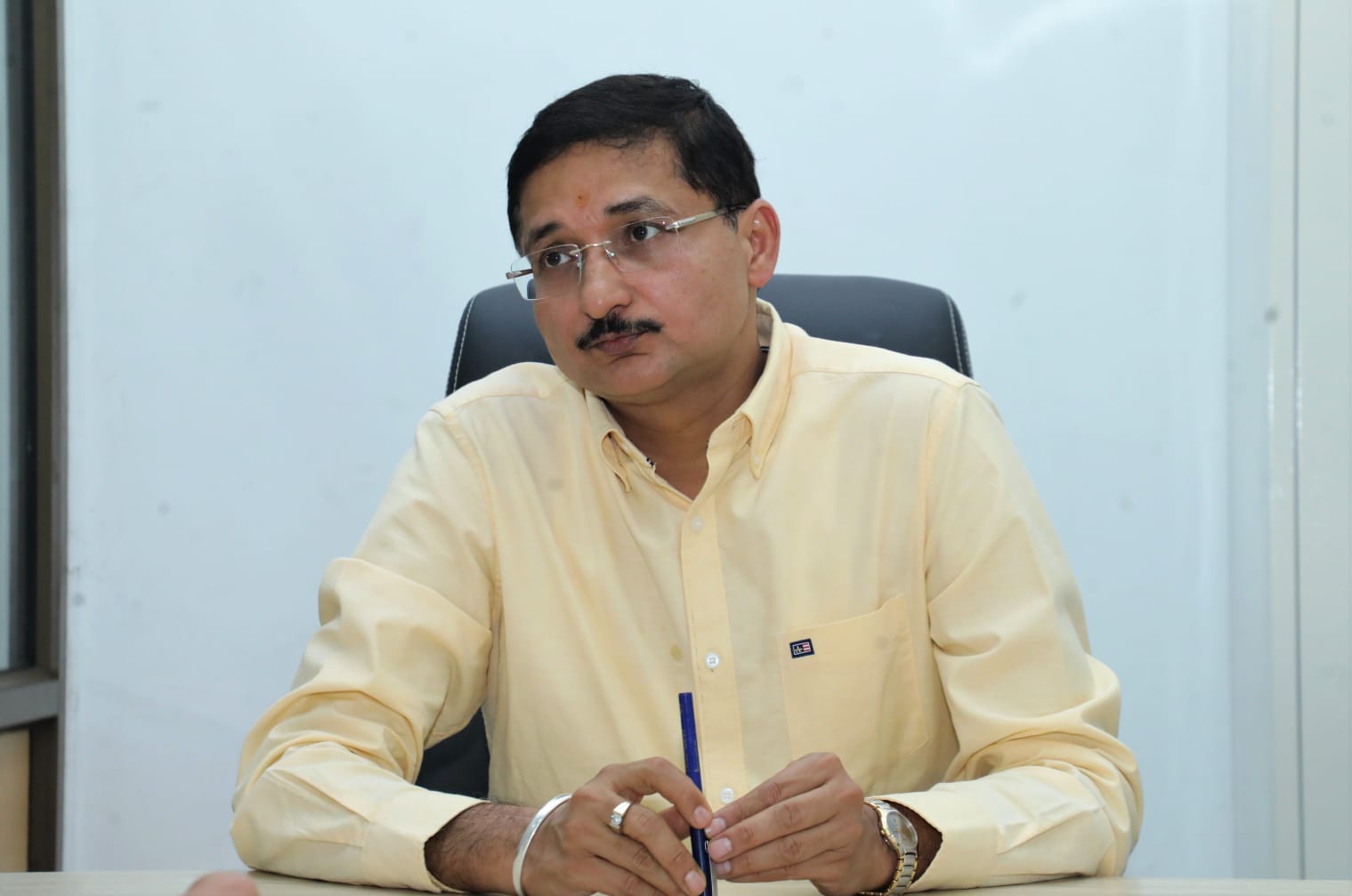PAFMAT suggested NMC to create a separate Clinical Forensic Medicine Unit-Bhullar
Kanwar Inder Singh/ royalpatiala.in/ Chandigarh
To improve the medical education system in the country, the newly formed National Medical Commission has placed in public domain the regulations “Minimum Requirements for Annual MBBS Admissions Regulation, 2020” and “Amendment to establishment of Medical College Regulations” in accordance with section 57 (1) and section 24 (2) of National Medical Commission Act, 2019 and has invited comments from all stakeholders.
In response, Punjab Academy of Forensic Medicine & Toxicology (PAFMAT) a state body of forensic medicine and medico-legal experts has suggested the national body to create a separate Clinical Forensic Medicine Unit under the Department of Forensic Medicine & Toxicology in the state medical colleges with increase in the faculty and senior resident posts for better teaching and training of the students in the criminal justice system with quick disposal in the post-mortem and medicolegal services.
According to Dr. DS Bhullar, president of PAFMAF, in these regulations the Undergraduate Medical Education Board of the National Medical Commission has proposed five medical teachers (one professor, one associate professor, one assistant professor and two tutors/demonstrators / senior residents) in the speciality of forensic medicine for 100 MBBS admissions and eight medical teachers (one professor, one associate professor, two assistant professors and four tutors/demonstrators / senior residents)for 250 MBBS admissions, which according to forensic medicine experts are not sufficient for medical colleges where post-mortem and medicolegal services are being provided by the hospitals under the respective medicine colleges apart from teaching and training along with examination of sexual assault cases.
To run these services smoothly along with teaching and training in the speciality of forensic medicine and toxicology in accordance with the newly proposed method of teaching the medical students in small groups under “Curriculum Based Medical Education” programme of the Commission, there is urgent need to increase the strength of faculty in the subject of forensic medicine with establishment of separate Clinical Forensic Medicine Unit in medical colleges along with creation of One Stop Centre for examination of sexual assault cases for which the minimum strength of faculty in forensic medicine should be 19 with two professors, three associate professors, six assistant professors and eight senior residents in the department of forensic medicine in a medical college with 250 MBBS admissions every year.
It is pertinent to mention that the Government of India’s, Ministry of Health and Family Welfare in its letter dated 27.03.2014 has already issued directions for the required number of forensic medicine experts, with two forensic medicine experts for 100 autopsies per year and one forensic medicine expert for every extra 100 autopsies per year in a hospital providing post-mortem services.
In Rajindra Hospital under Government Medical College Patiala, more than 1000 post-mortem cases and more than 2000 medicolegal examination cases are reported per year under the department of Forensic Medicine, said Dr. Bhullar and the National Medical Commission also needs to set up separate One Stop Centre in the medical college hospitals to take care of sexual assault cases. Further, the increase in faculty strength will attract more post-graduation (PG) seats with production of more forensic medicine experts in the country, now required for appointments at district headquarters for better criminal justice delivery system. These proposals have been sent to the Secretary National Medical Commission by PAFMAT, said Bhullar.
October 19,2020

